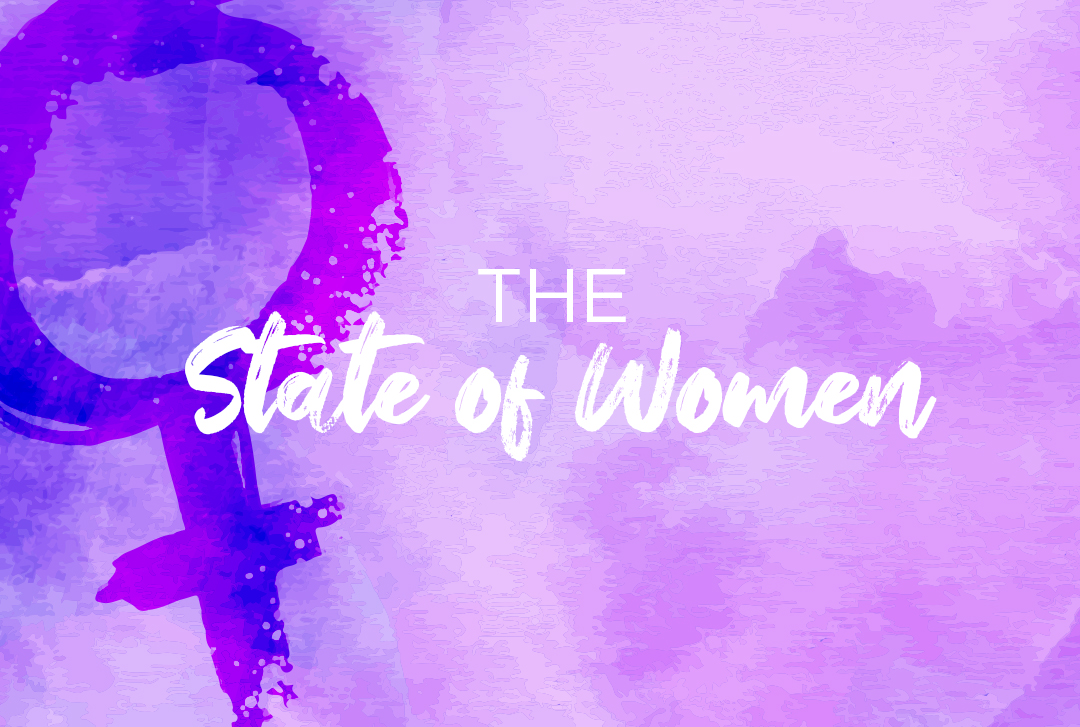
With Spring Showers Comes the ‘She-Cession’: Keeping the Plates of Working Motherhood Spinning in the Midst of a Pandemic
Inspired by Maria Shriver’s investigative report for 3rd Hour Today, The State of Women: She-Cession.
The month of March typically fills our calendars with the return of spring weather, spring-cleaning, spring training and spring break, but this year, March also marks one year since the World Health Organization declared the coronavirus pandemic. While we typically welcome the renewal and recharging that comes with spring, this year, many of us are instead reflecting on the insurmountable challenges and changes presented by the last year, and by the pandemic. One of these challenges and changes has even coined a new name –the ‘She-cession’—plaguing American women, mothers, and caregivers and costing the United States an estimated “64.5 billion a year in lost wages and related economic activity” according to the Center for American Progress (CAP). As we prepare spring break plans, however different they may look, we continue spinning our countless caregiving and career plates but to what end? The pandemic’s effects are taking both economic and personal tolls, and they are hitting women the hardest.
In a recent report conducted by the CAP, findings show that women have lost a net of 5.4 million jobs as a result of the pandemic-induced recession, nearly 1 million more jobs than their male counterparts, and Black and Latina women have experienced a 50% higher unemployment rate than the national average according to the U.S. Bureau of Labor Statistics. While women are experiencing the benefits of workforce trends that have emerged in the last year like working remotely, they continue to shoulder the majority of domestic duties. In fact, working moms are 1.5 times more likely to report an additional 3 hours a day on domestic ‘chores’ like supervising their children’s remote learning –practically another part-time job, and an unpaid one at that. As a result, the most recent Women in the Workplace report found that for the first time, 1 in 4 women are considering stepping out of the workforce or downshifting their careers. The outcomes of the ‘She-cession’ are nothing short of disastrous—jeopardizing huge strides made toward gender equity in the workplace, lifelong effects on skills and earnings potential, and a significant impact on women’s mental and emotional health.
So what do we do? How do we solve problems as great as women living in their cars to afford care for their aging parents after losing their job? How do we pay the estimated $1 trillion bill of unpaid labor performed by women in the home? Girls Who Code CEO Reshma Saujani is proposing a “Marshall Plan for Moms” that would ask Congress and the White House to support working mothers by implementing multiple policies that would address problematic parental leave plans, stabilize the child care industry and pay $2400 monthly to mothers to for their unpaid labor. Issues like these, according to Saujani, who has garnered the attention and support of many working moms including celebrities, are forcing the hand of working women and mothers, “We aren’t choosing to leave the workforce, we’re being pushed out”. There is hope. The Biden administration is already reviewing the “Marshall Plan for Moms” and has already backed several of its initiatives such as family leave and subsidized childcare.
As working mothers, we embody empathy, compassion, interpersonal skills and the ingenuity required to care for, teach, and respond to the ever-growing needs of our children and our families. Let’s come together and take action to utilize these talents and advocate for ourselves, our families, our world and our place in the workforce.
Find valuable resources, support, and action steps toward advocacy at the California Work and Family Coalition.



Post a comment:
You must be logged in to post a comment.